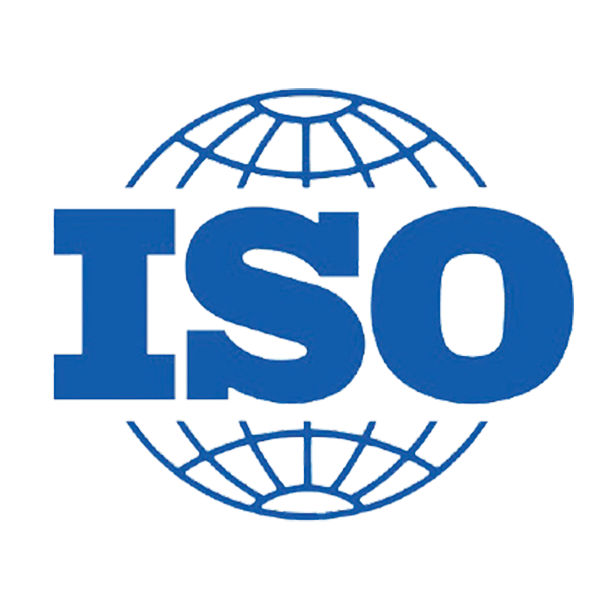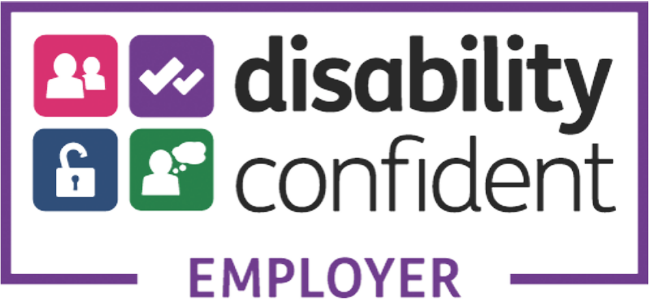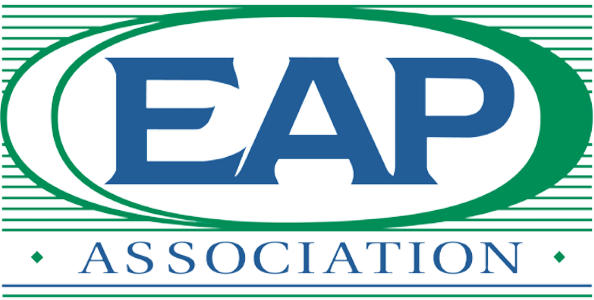
Workplace wellbeing solutions to support your employee’s mental health
PAM Wellness supports organisations across the public, private and charity sectors working with a range of clients of all sizes throughout the UK and overseas. We effectively support workplace wellbeing to proactively reduce absence, minimise work-related stress and boost resilience to help improve productivity and mental health in the workplace.
Our suite of mental health, psychological, EAP and wellbeing solutions, alongside our neurodiversity and corporate health screening services, enable organisations to engage with us as their expert partner to support their health and wellbeing needs, and for their employees to benefit from the multidisciplinary expertise of our extensive team.
Wellbeing solutions that deliver success
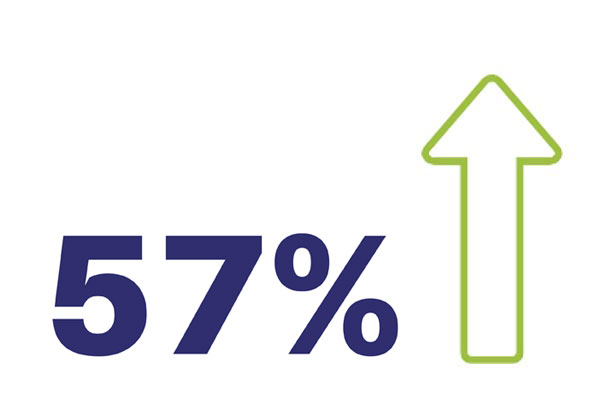
Improvement in Generalised Anxiety Disorder (GAD-7)
Source: PAM Wellness
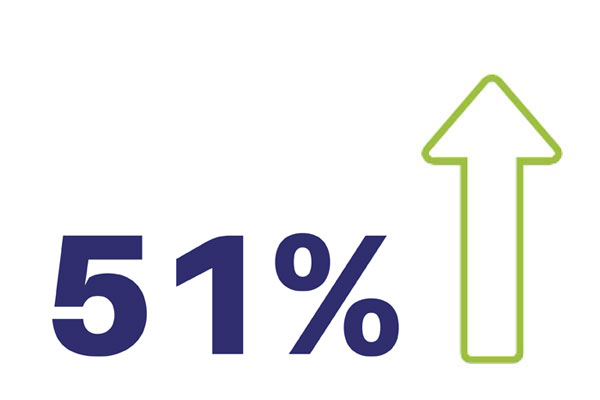
Improvement in Patient Health Questionnaire (PHQ-9)
Source: PAM Wellness

Return on investment with EAP services
Source: EAPA ROI Report 2023
How can PAM Wellness help?
We are the leading workplace wellbeing, mental health and neurodiversity support service for your organisation and your employees. We have many years of experience and a proven track record in delivering EAP services, workplace wellbeing, neurodiversity solutions and corporate health screening; supporting organisations with proactive solutions for their employee’s physical and mental health.
Our services support your employees with practical and emotional tools, as well as assistive technology to be able to better manage all areas of their lives, providing both pro-active and reactive workplace mental health, neurodiversity and wellbeing solutions that are designed to create long-lasting results.
Our team of skilled clinicians obtain continuous development opportunities enabling progressive delivery of a comprehensive range of high-quality services throughout the UK in which we support over two million individuals. Our services are delivered via a bespoke combination of on-site staff, remote services, and face-to-face services, utilising a UK-wide network of PAM clinics.


Working with PAM Wellness
Introducing a wellness strategy can deliver tangible benefits and return on investment. We will work with you to develop a bespoke plan for your organisation.
The benefits we will bring to your organisation:
- Proven and evidenced reduction in levels of anxiety and depression
- Providing a duty of care to your workforce
- Reduction in absenteeism
- Limiting staff turnover and attracting new staff
- Increase in health and wellbeing of your workforce
- Creating a culture of wellbeing and awareness, where employees feel supported
- Addressing issues proactively to avoid crisis or burnout
- Delivering an additional, valued benefit for employees and managers alike
- Improving performance and productivity
What clients say about PAM Wellness
Latest News
Mental health blog
Bosses who want productive employees must focus on wellbeing
Employees given proactive help to stay healthy are eight times more likely to feel very or extremely productive than those given little or no support
Mental health blog
Why strained family relationships are the most overlooked mental health risk at work
Strained family relationships are a hidden mental health risk at work. Learn how employers can reduce stigma and support employees facing relationship stress.
Webinar - 19th January 2026 | 11am
Mental Health & Resilience
A practical mental health and resilience webinar focused on stress management and everyday wellbeing.












